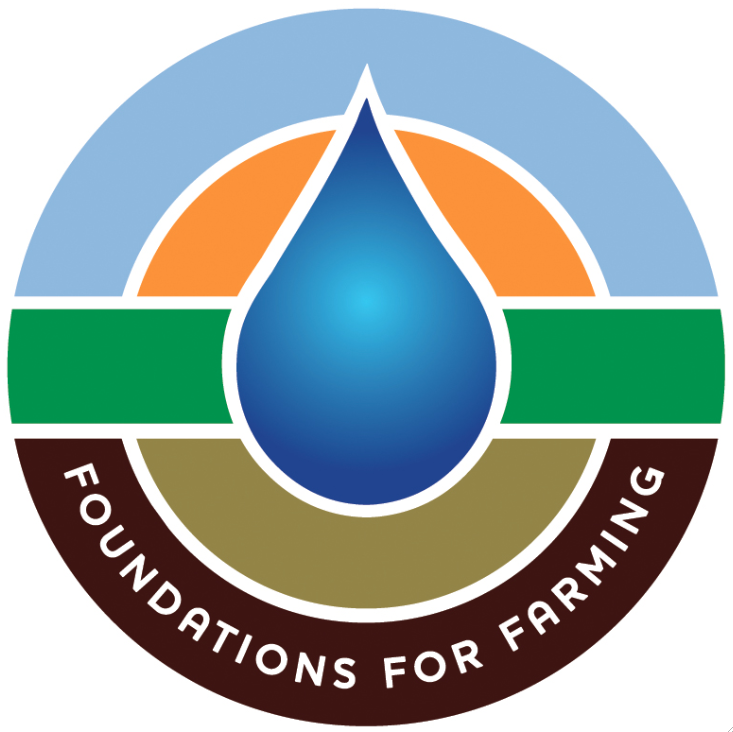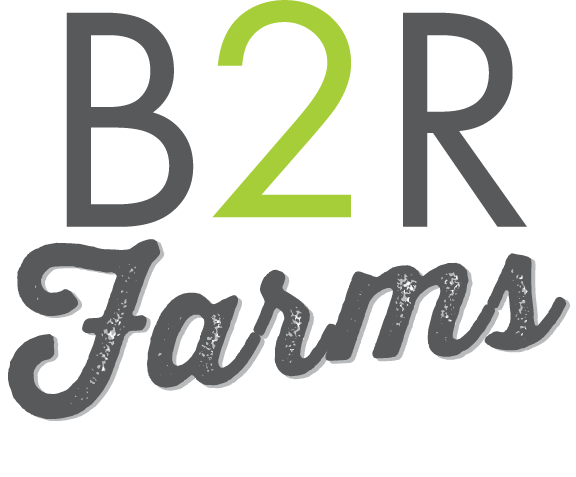
What is Foundations for Farming?
B2R Farms teaches and promotes the principles and practices of Foundations for Farming (FFF), a holistic training program that allows small-scale farmers to achieve
higher yields with less land, less labor, less inputs, and no mechanization.
Four Key Principles
FFF’s four principles are simple, yet require discipline and precision. To achieve long-term benefits and meaningful results, farmers must commit to doing things:
On Time.
At Standard.
Without Waste.
With Joy.
Beyond Technical Training
Finding Dignity, Hope & Enduring Motivation
The commitment to excellence required to do conservation agriculture well is much more sustainable when it is grounded in faith and a meaningful change in mindset and responsibility for the land.
Most African small-scale farmers believe in God and prayer.In addition to the technical training, Foundations for Farming teaches farmers that their land is a gift over which God has made them a steward, as modeled by Jesus, responsible for making it productive with dignity and hope.
Our experience in Rwanda has confirmed that,
Crop Yields are Higher
Input & Labor Costs are Lower
Less Chemical Fertilizers are Needed
Drought is
Overcome
Erosion is
Prevented

No Tillage
We work our farms largely by hand, with no plowing. The soil is turned minimally or not at all.
Mulching
We mulch to retain water, resist drought, reduce erosion, and foster microbiome and nutrient growth.
Crop Rotation
We diversify crops between each season to ensure soil health and pest and disease management.
Specific Measurements
We use specific crop row layouts with precise measurements to minimize inputs and maximize outputs.
No Mechanization Required
Farmers only require a hoe, a string and bottle cap.
Organic Fertilizers & Compost
We develop organic fertilizers and compost from readily available sources to reduce cost of chemical fertilizers.
Traditional Farming Methods
Traditional African farming methods include tilling and pulverizing the soil into granular particles, stripping out and burning all organic matter, broadcasting seed and inputs on top of the soil and applying increasing amounts of chemical fertilizers.
These methods degrade the soil, increase costs, decrease crop yields and leave farmers more vulnerable to droughts and soil erosion.
-
Farm Planted Using
Conservation Agriculture Practices
More than two-thirds of Rwanda’s population
are small-scale farmers, dependent on small plots of
less than one hectare to feed their families.
Pfumvudza: Less is More
Using FFF’s conservation agriculture methods, a small-scale farmer can grow enough maize to feed a family of six for a year on a plot measuring only 16-meters by 39-meters – called a “Pfumvudza” plot.
In Rwanda, the Pfumvudza concept is often called “Punguza” (poon-goo-za), a Swahili word meaning “to reduce, decrease or lessen”.

What is the least amount of land needed to feed a typical family in Africa?
The answer: 1/16th of a hectare — significantly less than most believe.
Surprisingly, small-scale farmers are more successful when farming at high standards on smaller plots than the 1-2 hectares (2-5 acres) they typically have available.
Step-by-Step Training
Click here to watch our full, 9-episode training series in Kinyarwanda
